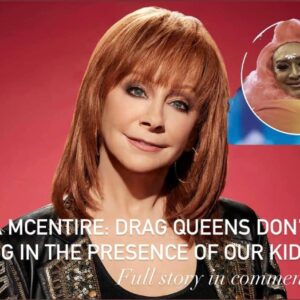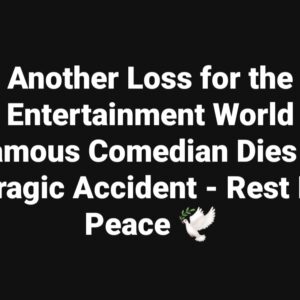Gary Sinise, known for his roles in “Apollo 13” (alongside Hanks) and “CSI: NY,” as well as for his work with the Gary Sinise Foundation, which supports veterans, first responders, and their families, has always been seen as a figure of integrity and dedication in the industry. His decision to distance himself from what he perceives as “woke” culture brings to the forefront the ongoing debates surrounding political correctness, social justice, and the role of entertainment in reflecting or shaping societal values.
pTom Hanks, on the other hand, has been an advocate for using his platform to address social issues, a stance that some might label as “woke.” His efforts to promote understanding and empathy through his work and public statements have earned him both acclaim and criticism, depending on one’s perspective on the current cultural zeitgeist.
The term “woke,” originally a call to awareness about social injustices, has evolved—or devolved, depending on whom you ask—into a contentious label, often used pejoratively to critique a perceived overemphasis on political correctness and social justice initiatives. Sinise’s use of the term in relation to Hanks suggests a deep-seated disagreement with the latter’s approach to social issues, marking a significant divergence in the paths of two actors who have long been seen as allies in their craft and personal endeavors.
This incident raises poignant questions about the impact of ideological divides on personal and professional relationships in Hollywood. It also highlights the challenges faced by the entertainment industry in navigating the complexities of American society’s increasingly polarized landscape. The decision by Sinise to step away from a lucrative project over ideological differences is a testament to the depth of the divide and the strong convictions held by individuals on either side of the debate.
Critics of Sinise’s stance may argue that refusing to work with someone based on their social or political views undermines the essence of art as a medium for dialogue and understanding. They might contend that collaboration between individuals with differing perspectives is crucial for the creation of meaningful, thought-provoking content that reflects the diversity of human experience.
Supporters of Sinise, however, might view his decision as a bold stand against what they see as the encroachment of political agendas into every aspect of life, including the arts. They may applaud him for prioritizing personal integrity over financial gain and for taking a stand against a culture they believe stifles free expression and open debate.




